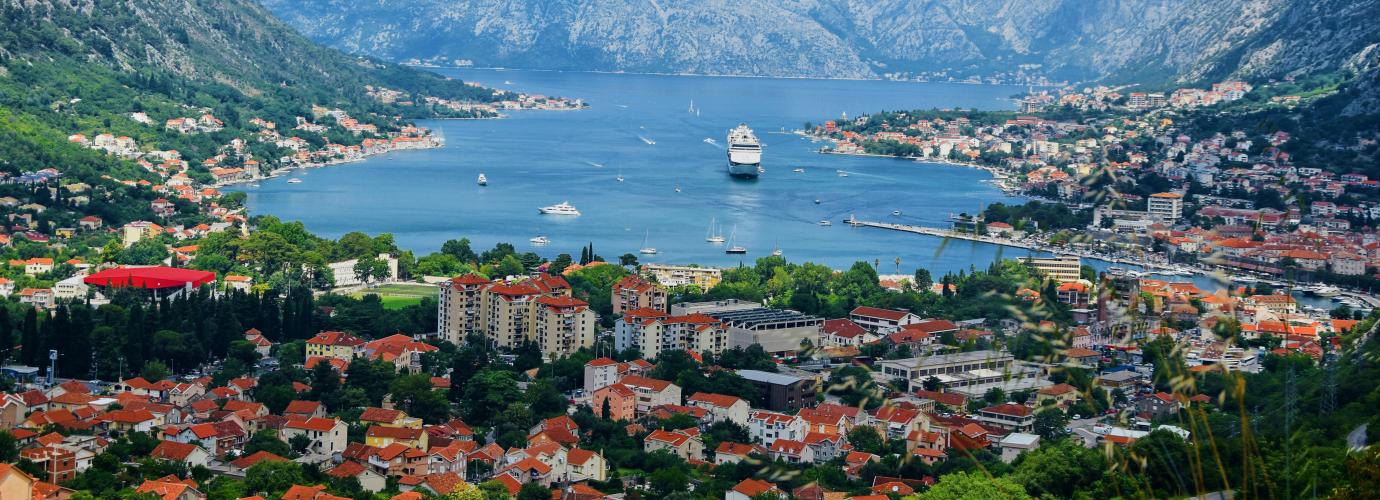There are four levels of education in Montenegro: preschool education, primary education, secondary education (secondary vocational and secondary general education) and higher education.
Educational activities at educational institutions are conducted by preschool teachers, teachers and professional associates (hereinafter referred to as teachers). Teachers have professional freedom as regards the manner of organising lessons, applying teaching methods, choosing the form of work with students, as well as choosing tasks to set before students within the established educational programme. Professional associates at school (school counsellor, psychologist, special education teacher and librarian) perform pedagogical and psychological, librarian or other tasks directly or indirectly related to educational activities carried out at school.
The conditions of carrying out educational activities are defined by Labour Law, General Law on Education, laws governing individual levels of education, Law on National Qualifications Framework, Rulebook on more detailed requirements, method and procedure of issuing and renewing working license for teacher, principal and assistant principal, Rulebook on types of titles, method and procedure of suggesting and awarding titles and other secondary regulations and decrees.
Tasks of teacher, principal and assistant principal can be carried out by a person with a license to work (the license). The license is a public credential serving as a proof of the required level of general and professional competences of a teacher, i.e. license to work at educational institutions. The license is issued for a period of five years after completing vocational exam. Teacher, principal or assistant principal who do not have or who failed to renew the license cannot work at an educational institution.
To obtain the license, in addition to application it is necessary to submit a proof of completed specific level of education (the relevant level seven of qualification framework, sublevel one (240 credits)) and completed vocational exam.
The license is renewed every five years in accordance with professional development programmes. Priority areas of professional development for the period of five years are determined by the Ministry of Education, Science and Innovation following the proposal of the Bureau for Educational Services and Centre for Vocational Education.
Teachers, principals and assistant principals have the right and obligation to develop their skills covering various areas through professional development programmes. Professional development programmes for teachers are established by the National Council following the proposal of the Bureau for Educational Services and Centre for Vocational Education.
Professional development of teachers allows them to continuously acquire, expand and deepen the knowledge, develop skills and abilities which are relevant for the success of both curricular and extracurricular activities of students. Professional development of teachers is a long-term integrating process during the course of which knowledge, skills and abilities of individuals are developed and improved through learning, practical work and research activities. By going through this process, a teacher becomes a deliberative practitioner and sets the goals of their professional development in accordance personal needs as well as the needs of school.
In the same manner, it provides the possibility to obtain knowledge and skills which allow for high-quality and successful cooperation with colleagues and school administration, as well as high-quality relationship with parents and local community.
A teacher may advance towards adequate ranks: teacher-mentor, teacher-counsellor, teacher – senior counsellor and teacher – researcher. The ranks are awarded to teachers on the basis of monitoring their work efficiency, i.e. evaluation of results achieved by teachers in working with students and other participants in education and training, professional development and the use of professional knowledge obtained through education and training.

